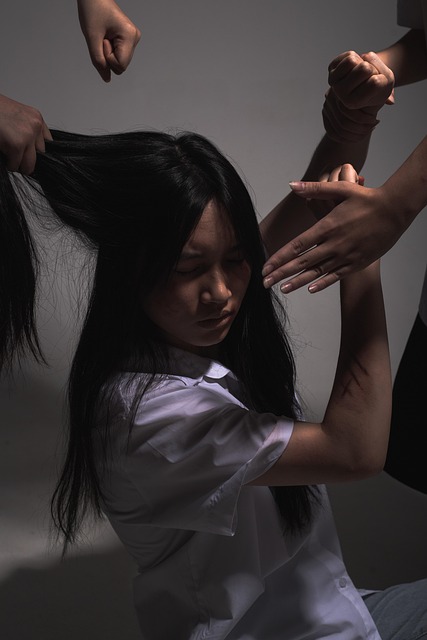Teen Challenge abuse victims face unique challenges navigating legal paths to justice and healing. Recognizing relevant laws protecting minors is crucial. Gathering evidence, consulting specialized attorneys, and accessing support resources like counseling and advocacy networks empowers victims to pursue civil lawsuits, therapy, and policy changes for psychological restoration and safety.
For too long, the experiences of Teen Challenge abuse victims have been overshadowed. This article illuminates their legal rights and available avenues for justice. We guide you through navigating abuse claims and compensation, highlighting crucial steps towards recovery and closure. Additionally, we provide a list of support resources specifically tailored to help Teen Challenge survivors heal and rebuild their lives. Let’s ensure these victims find the support and justice they deserve.
- Understanding Legal Rights for Teen Challenge Victims
- Navigating Abuse Claims and Compensation
- Support Resources for Recovery and Justice
Understanding Legal Rights for Teen Challenge Victims

Understanding one’s legal rights is a crucial step for Teen Challenge abuse victims seeking justice and healing. In many cases, victims may face unique challenges due to their age and the power dynamics involved in such situations. It’s essential to recognize that various laws protect minors and provide avenues for accountability when they are violated.
Victims of abuse within Teen Challenge programs or similar youth organizations can access legal remedies by reaching out to local law enforcement, child protection services, or consulting with lawyers specializing in minor rights and trauma. These professionals can guide victims through the process of filing reports, seeking therapy, and understanding their entitlements, ensuring they receive the support needed to navigate the legal system effectively.
Navigating Abuse Claims and Compensation

Navigating Abuse Claims and Compensation for Teen Challenge Victims
For victims of abuse within Teen Challenge programs, understanding legal options and compensation is crucial. The first step involves gathering evidence, including documentation of injuries, medical records, and testimonies from supporting individuals. This process requires patience and perseverance as it may involve dealing with secretive organizations and limited resources.
Victims should consult with experienced attorneys specializing in personal injury or abuse cases to explore legal avenues. Depending on the jurisdiction and specific circumstances, options may include filing civil lawsuits against the responsible parties, seeking damages for physical and emotional injuries, and advocating for policy changes to prevent future harm to Teen Challenge Abuse Victims.
Support Resources for Recovery and Justice

Many Teen Challenge abuse victims seek support during their recovery journey, and there are several resources available to help them navigate this process. Organizations dedicated to assisting survivors offer confidential counseling services, providing a safe space for victims to share their experiences and begin healing. These organizations often connect individuals with legal advocates who can guide them through the complexities of seeking justice.
Additionally, support groups facilitate connections between victims, fostering a sense of community and understanding. These resources empower Teen Challenge abuse survivors to take control of their recovery and pursue justice, ensuring they receive the necessary assistance for both psychological healing and legal recourse against perpetrators.
For those who have experienced abuse at the hands of Teen Challenge programs, understanding one’s legal rights is a crucial step towards recovery and justice. By navigating abuse claims and exploring compensation options, victims can begin to heal and hold accountable those responsible. Accessing support resources dedicated to their recovery and well-being ensures that Teen Challenge abuse victims receive the care they deserve, ultimately fostering a safer and more supportive environment for all.
